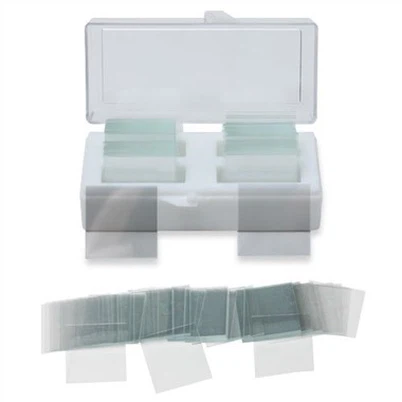Microtitre Plates
Various types of culture microtitre plates are made of crystal-clear polystyrene. Especially 96-well plate has three models with different well shapes as below.
Description
Overview
Various types of culture microtitre plates are made of crystal-clear polystyrene. Especially 96-well plate has three models with different well shapes as below.

Specification
|
Cat# |
Capacity (holes) |
Material |
Size (mm) |
|
ACP-06 |
6 |
Polystyrene(PS) |
127x85.5x23 |
|
ACP-18 |
12 |
Polystyrene(PS) |
127x85x22.5 |
|
ACP-24 |
24 |
Polystyrene(PS) |
126.7x84.4x22 |
|
ACP-48 |
48 |
Polystyrene(PS) |
127x85x22.5 |
|
ACP-96F |
96 |
Polystyrene(PS) |
128x85.3x16 |
|
ACP-96U |
96 |
Polystyrene(PS) |
128x85.3x16 |
|
ACP-96V |
96 |
Polystyrene(PS) |
128x85.3x16 |


Features
The medical grade polystyrene has its characteristic of optical clarity. Alfine culture plates are suitable for single cell isolation through cell culture scale up. The cover design minimizes the risk of cross contamination.
In general terms, 96-well flat bottom plates are used when optical reading is required(for example, using a spectrophotometer).
V-shape and U-shape bottom plates are very useful when a total recovery of the sample is required. They also offer better performance than flat bottom ones for sample separation through centrifugation.

Then the polystyrene lids can be supplied separately.
Those plates can also be covered using the sealing mat or the adhesive sealing film.
They are available in two versions: non sterile in bags of ten units or sterilized and individually wrapped with E.O. sterilization.
Applications
Diluting.
Serial sample preparation.
Protein precipitation.
Hemagglutination.
V-shape conical bottom plates may be used for complement fixation.
Flat bottom plates are also suitable for cell growth in suspension, and for ELISA applications, when there is no need of a pre-treated plate(which enhances the antigen-antibody adhesion to the surface of the plate).
Send Inquiry
You Might Also Like












